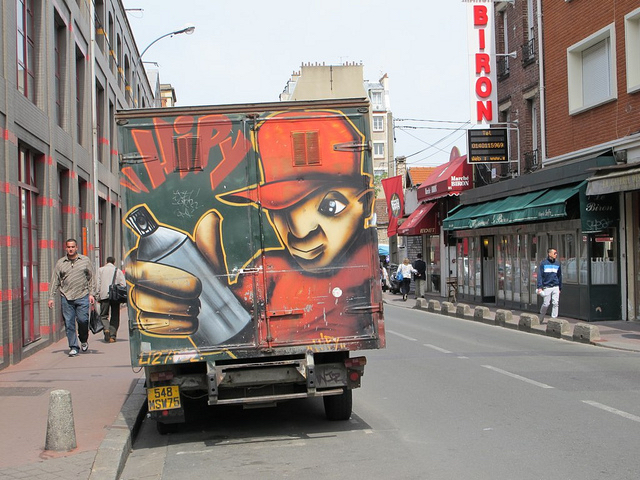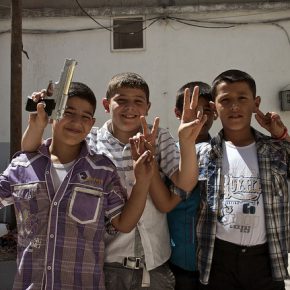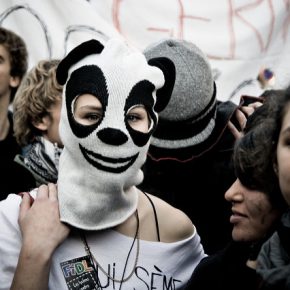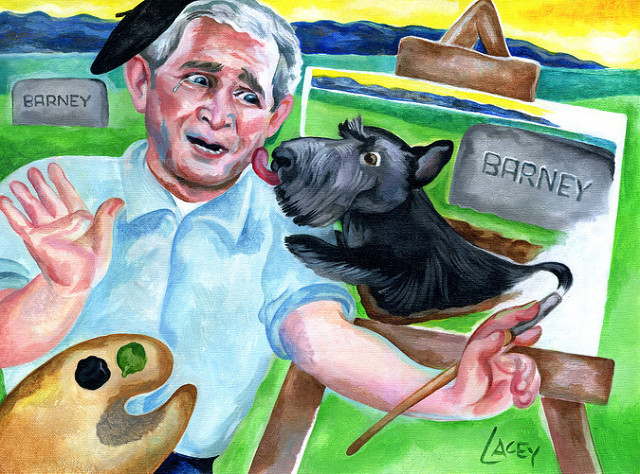France is lost. Or so it would appear if you read the country’s newspapers regularly. Marine Le Pen will be the next president. The Socialists can only give in to the banks. Racism is the new norm. Emergency powers have become permanent. The only alternative is fascism. Or, rather, its formalisation, under the impending leadership of the far-right National Front.
A pretty depressing picture for sure, which, even in its over-simplification of French affairs, is not without merit. France is in deep political trouble, and has been for years. That the UK beat it to exiting the EU is still something of a surprise, given the longterm willingness of the country’s centre-right to plunder the political program of Len Pen’s party, and its Euroscepticism.
Defying the so-called zeitgeist, however, the fight between right and left, between neoliberalism and anti-capitalism, remains ongoing. Struggles over land use and labor continue to be as fierce as ever, contradicting the idea that the left, in the form of the country’s declining centre-left leadership remains emblematic of its progressive politics.
The following two flyers, photographed in Brussels, and Berlin, attest to this reality, and beg the question why we so easily give in to the idea that the only thing happening in France is populism.
****

Fighting the airport and its world
This is an echo of the call for resistance that has taken off since the ZAD in Notre-Dame-des-Landes. It adds to the cries of revolt taken up by thousands after the French government’s announcement of plans to clear the zone this autumn. There is little use going over the details of this plan to move an airport to the site of Notre-Dame-des-Landes, when what interests us is the diverse opposition that has been tackling it for years and the fact that hundreds of individuals have chosen to fight this scourge and, what is more, the world that enables it. And it is in precisely this tension – between opposition to a particular aspect of society and the horizon it opens for confrontation with the existing powers – that the immense potential for conflict resides.
Because in the end, their efforts to develop NDDL are the same as their efforts to arrange every other aspect of our daily lives. It is the transformation of a space according to economic imperatives, the all-pervasive monitoring of every part of our social lives, the occupation of the streets by armed forces and the logic of consumerism that gives you a thousand slaps in the face every time you go out to buy cigarettes. That is the world of the airport! Where every social reality takes you straight back to the whole that it is part of; even if it is made of different fragments in different locations. To the extent that no power project can exist without the electric current that feeds the factories of death, without the metros that transport the human cattle, without keeping the money flowing …
So it is this whole system of structures and people that must endure our criticism, without delay and with varied the targets and angles of attack. Block – paralyse – sabotage the veins of control and the murderous machine of exploitation. These are our immediate objectives. Because of course, we can fight on the ZAD, but we can also take the fight elsewhere. We can take part in the big collective moments, but also choose to act before and after.
And to take this further, it is from a starting point of shared hostility against the power that we will be able to meet like-minded accomplices and carve out the space needed to develop different relationships. By using our own views and ideas and by organising ourselves without leaders or hierarchy, by taking the initiative individually or collectively and by direct action. By attacking what allows this system to function, we can create the opportunity to overthrow this world.
A certain number of anonymous and sometimes unclaimed acts of sabotage can illustrate some of the possibilities for action:
6 Dec. 2012 – Paris
“A paving slab suddenly got up and threw itself head first against an estate agent’s window in rue Lepic. The result: a nice big hole. No doubt it was angry at being walked on all day long by all these policemen and the arrogant bourgeoisie that runs the show in this awful area. […]”
13 Dec. 2013 – Brussels
“There is no sign of a truce in attack on Vinci and the world it is developing. There are a thousand reasons to attack them, everywhere, from the uranium mines to the detention centres, as well as their efforts to arrange every aspect of our lives. Over recent days, in Brussels, the machines of a Vinci Eurovia worksite have been sabotaged. […]”
9 Jan. 2016 – Toulouse
A few days before one of the expropriation procedures against the historic inhabitants of the ZAD, the motorway access ramp to Toulouse airport and the tram were blocked by flaming barricades. This incendiary blockade reawakens the fire of revolt in the middle of a state of emergency.
****

Labour law. France. 2016.
Discussions, analysis and perspectives brought by the social movement in France against the labour law, from an anti-authoritarian perspective.
In the spring of 2016, in France, four months of economic blockade, including protests, building occupations, disruption of fuel supply, direct action, strikes etc, were not enough to make the left-wing government buckle in regard to the labour law. We are reporting from the social movement that has given many people the chance to come together and fight. It has left its mark. We also want to pose the question of how such a struggle would look in Germany, because even if the political situation differs, the impact of capitalism is ultimately the same. What kind of solidarity could we imagine? How can one country’s struggle be transferred to another? What options exist on both sides of the border?
The meeting includes people from both Germany and France that actively participated in the movement… Any donations will be sent to Marseille and Rennes, where there is much to be done because of the current situation. The discussion will be held in English and translation into German will be available.
Translated from the French by Samuel White, and the German by Samuel Morgan. Photos courtesy of Joel Schalit.





